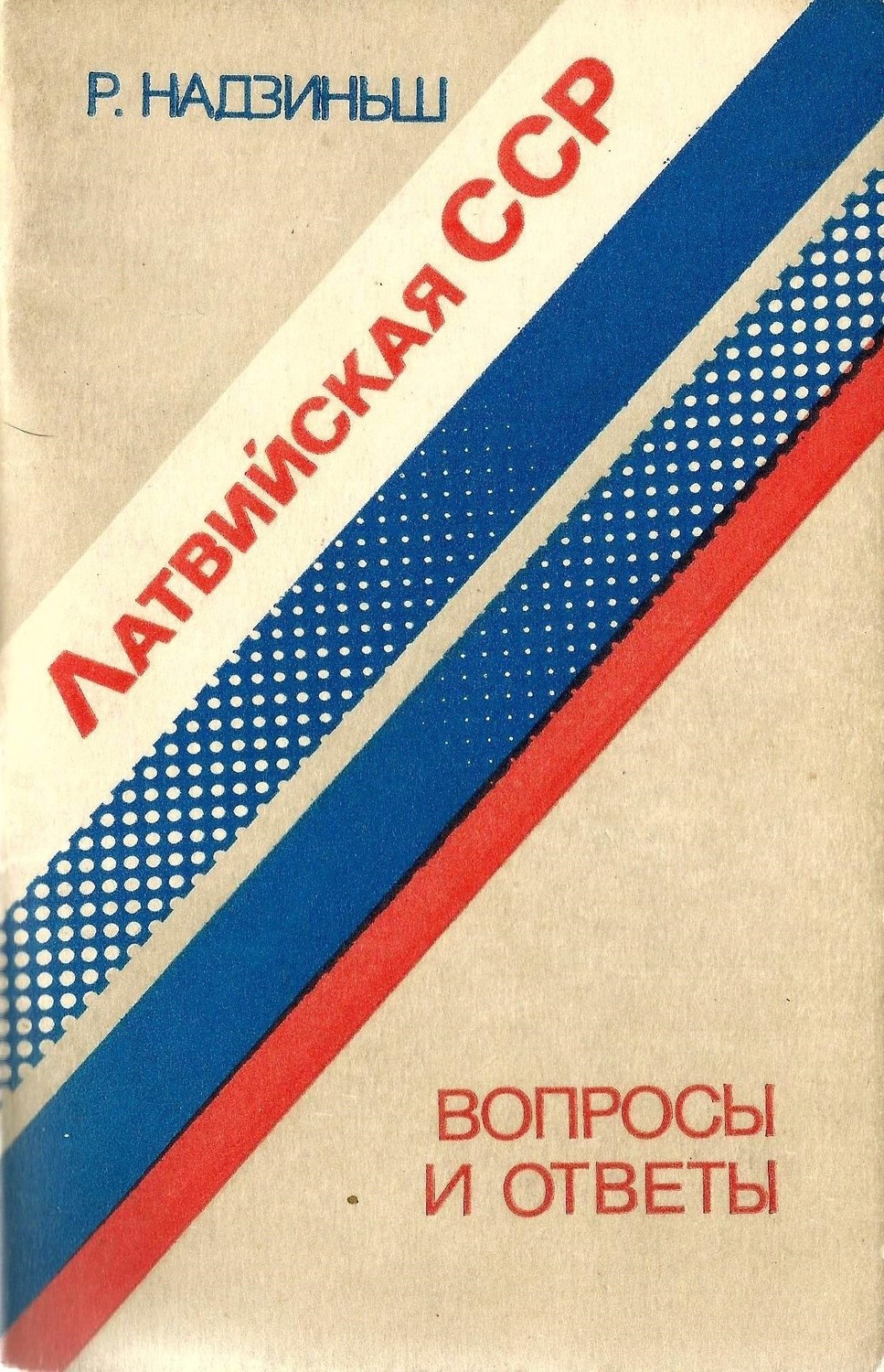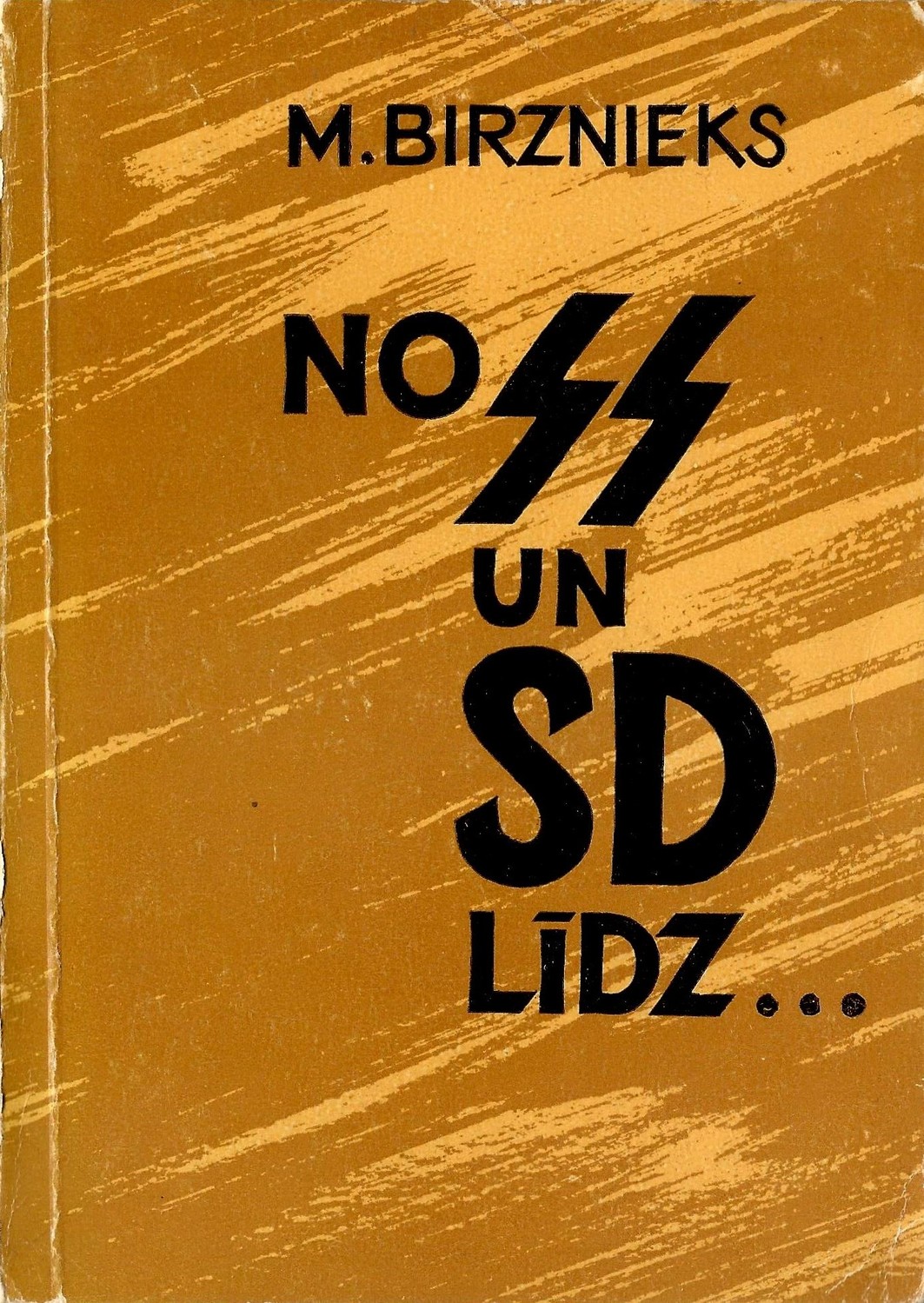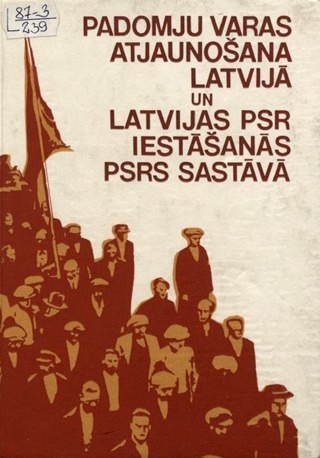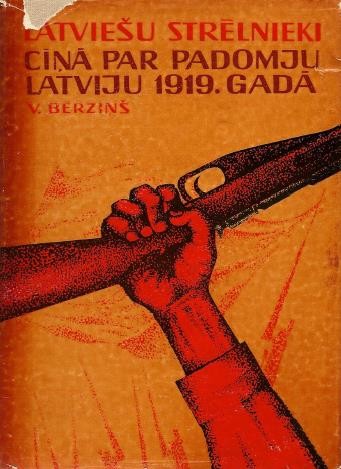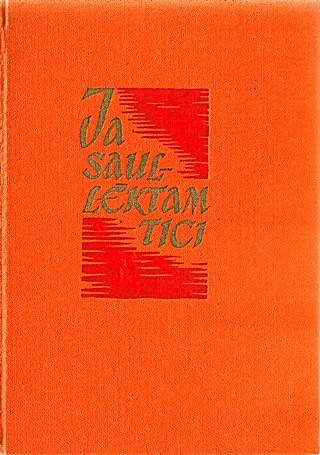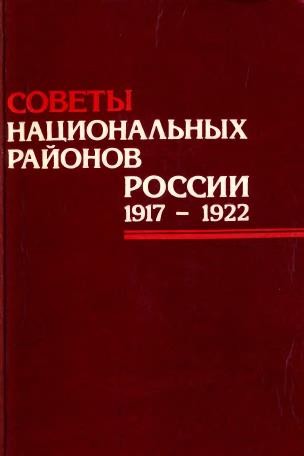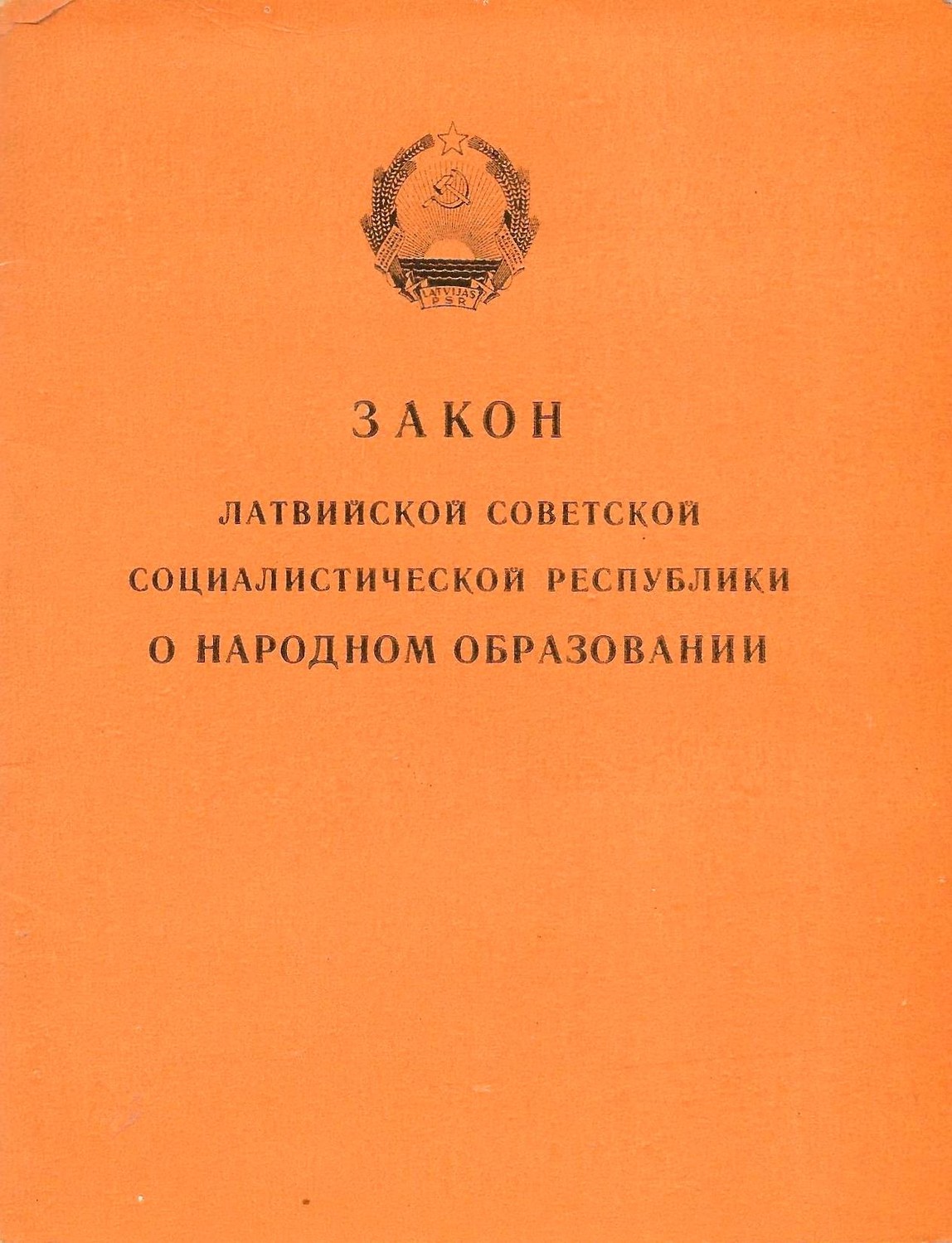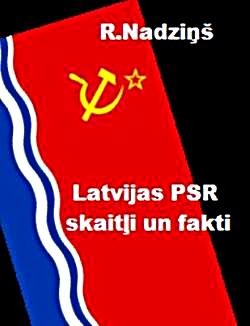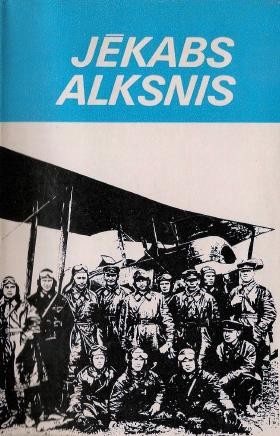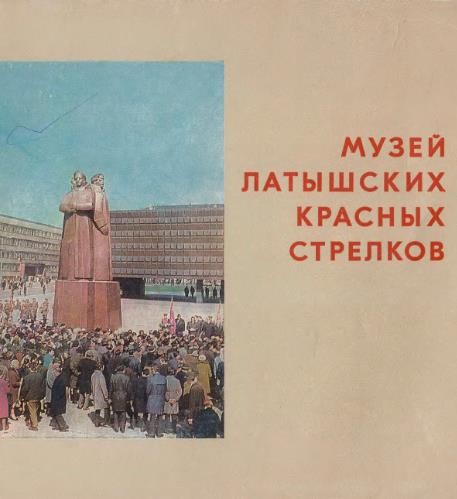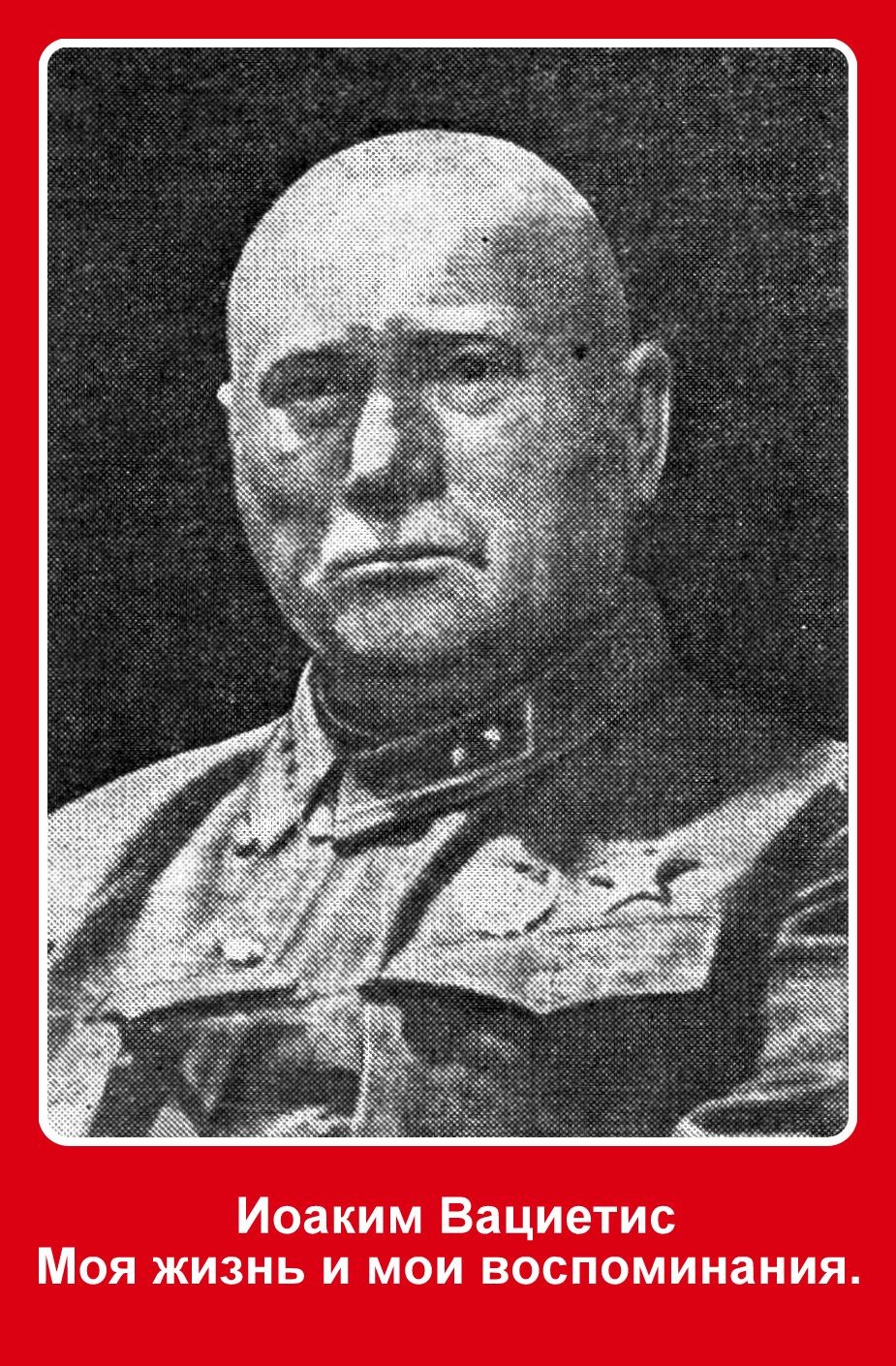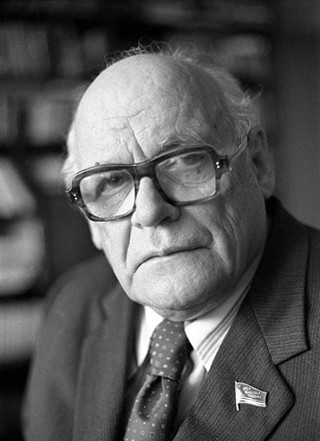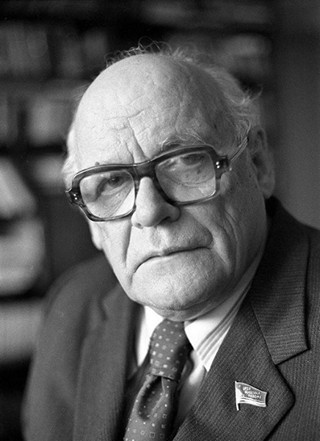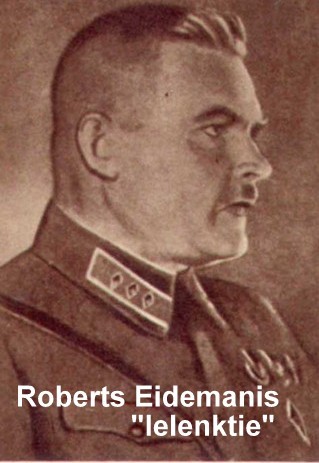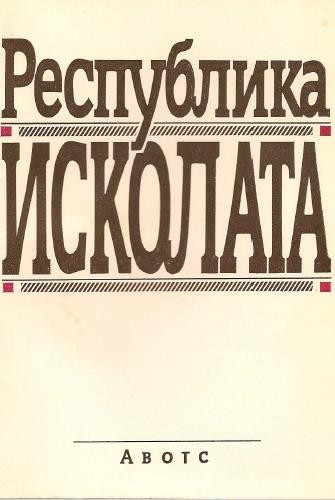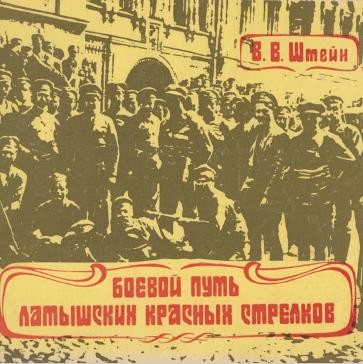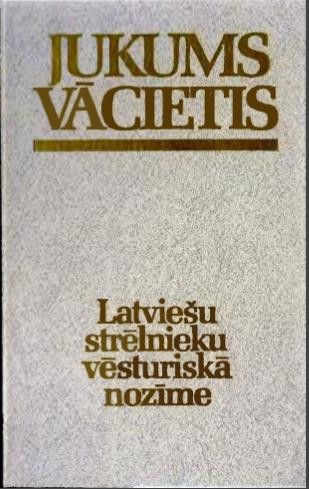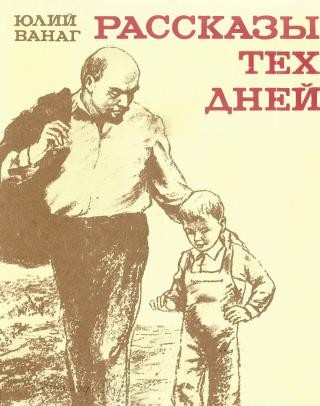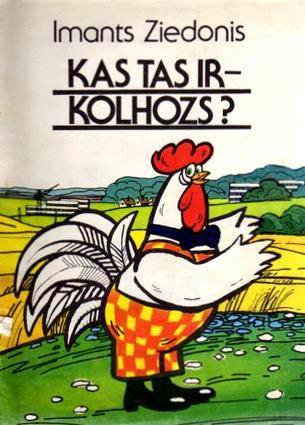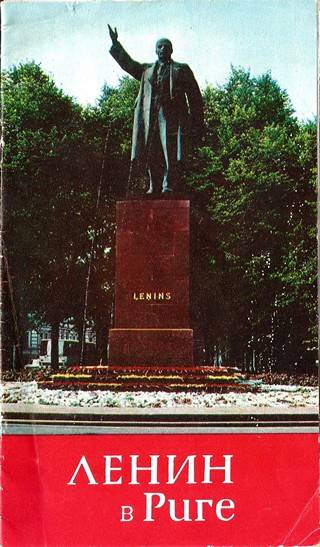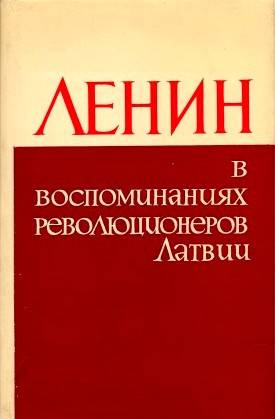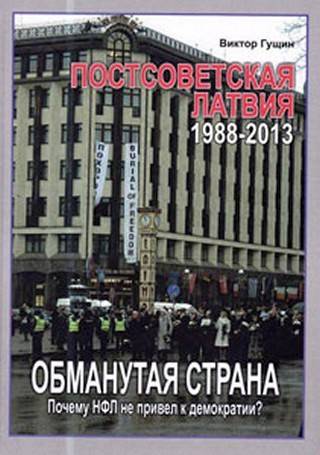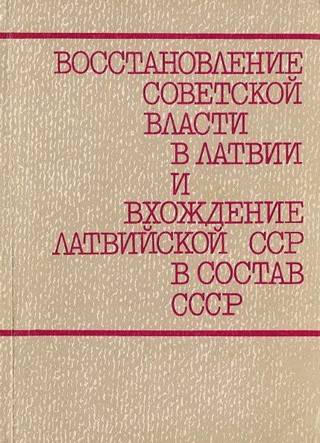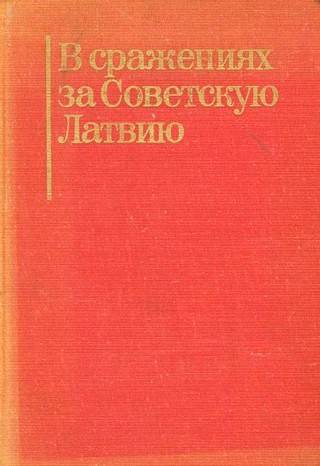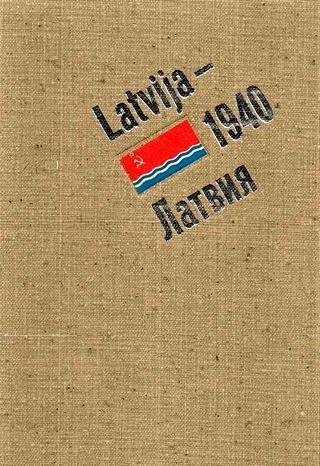
| nosaukums | Latvija Латвия - 1940 |
| kategorija_категория | jaunums_новинки, dokumenti, strādn.kustība, mīta sabrukums, на русском, vēsture |
| gads_год | |
| valsts_страна | |
| valoda_язык | |
| tematika_темы | |
| autors/автор |
apraksts _описание
(Latviešu, Русский, English, Deutsch)
Fotoalbums. Rīga «Avots» 1981
Фотоальбом. Рига «Авотс» 1981
*
Contents:
Anotācija
Аннотация
Annotation (English)
Annotation (Deutsch)
Foto albums / Фотоальбом / Fotoalbum
lndex (English) lndex (Deutsch)
*
«DARBA BALSS» e-grāmatu izdevniecība
2014
Победа Советской власти в Латвии в 1940 году явилась триумфом идей Великой Октябрьской социалистической революции, исторически закономерным актом, подготовленным всем предшествующим развитием, борьбой трудящихся против эксплуататоров. Социалистическая революция 1940 года в Латвии, как в Литве и Эстонии, была одной из первых в мире, социалистических революций, в которой без вооруженного восстания и гражданской войны была установлена диктатура пролетариата. Советская власть открыла перед народами Прибалтики путь к светлому будущему, обеспечила подлинную независимость, бурный расцвет экономики и культуры. В братской семье советских народов латышский народ успешно строит коммунистическое общество.
1940. gada sociālistiskā revolūcija Latvijā, tāpat kā Lietuvā un Igaunijā, bija viena no pasaulē pirmajām sociālistiskām revolūcijām, kurā proletariāts uzvarēja buržuāziju bez bruņotas sacelšanās un pilsoņu kara. Šis formas ziņā mierīgais process pēc satura bija dziji revolucionārs; tā rezultātā nodibinājās proletariāta diktatūra. Padomju vara pavēra Baltijas valstu tautām ceļu uz gaišu nākotni, nodrošināja īstu neatkarību, strauju ekonomikas un kultūras uzplaukumu. Padomju tautu brālīgajā saimē latviešu tauta tagad sekmīgi ceļ komunismu.
Several representatives of the Latvian ruling classes tried to preserve the regime hostile to the people by introducing а nevv constitution and making alterations in Ulmanis' govemment. This political crisis of the ruling class, the grovving discontent and indignation of the masses brought the revolutionary Situation to maturity. This resulted from the economic conditions of the masses vvhich grevv vvorse and vvorse, from fascist repressions against the Progressive forces, from the threat of invasion of hitlerite Germany into the Baltie area, from the anti-Soviet provocations of the fascist leaders. The grovving crisis vvas intensified by the demand of the Soviet govemment on June 16, 1940, to set up a government vvhich vvould honestly keep to the treaty of mutual assistance. Under the leadership of the Latvian Communist Party the struggfe for setting up the People's Government intensified. On June 1940, the People's government was formed. Along with the fall of the fascist regime and the setting up of the People’s government the sociālist revolution began which developed further in the follovving months. The victory of Soviet Power in Latvia in 1940 was the triumph of the ideas of the Great October Sociālist Revolution, an act conforming with the regularities of historical development resulting from the previous development, from the struggle of the vvorking people against exploiters. The sociālist revolution of 1940 in Latvia, Lithuania and Estonia was one of the first sociālist revolutions in the world where the proletariat gained victory over the bourgeoisie vvithout armed revolt and civil war. Making use of the Diet, the proletariat dictatorship was established. Soviet Power cleared the way for ali the people of the Baltie States to a bright future, ensured their true independence, an impetuous flourishing of есопоту and culture. In the fraternal family of Soviet nations, the Latvian people, like ali the other Baltie nations, is most successfully building communism.
Die sozialistische Revolution von 1940 in Lettland war, ebenso wie diejenige in Estland und Litauen, eine der ersten, in denen das Proletariat den Sieg ūber die Bourgeoisie ohne bevvaffneten Kampf und Būrgerkrieg errang. Dieser der Form nach friedliche Prozeft war seinem VVesen nach zutiefst revolutionār; sein Ergebnis war die Errichtung der Diktatur des Proletariāts.
Die Sovvjetmacht den Volkern des Baltikums den VVeg zu einer lichten Zukunft, sicherte ihnen vvahre Unabhangigkeit und gevvahrleistete einen bedeutenden vvirtschaftlichen und kulturellen Aufschvvung. Im bruderlichen Bunde der Sovvjetvolker vvirkt das lettische Volk, ebenso wie die anderen Volker des Sovvjetbaltikums, erfolgreich fūr den Aufbau des Kommunismus.
*
Lejuplādēt e-grāmatas pdf (ocr) скачать архивом pdf (ocr)
*

